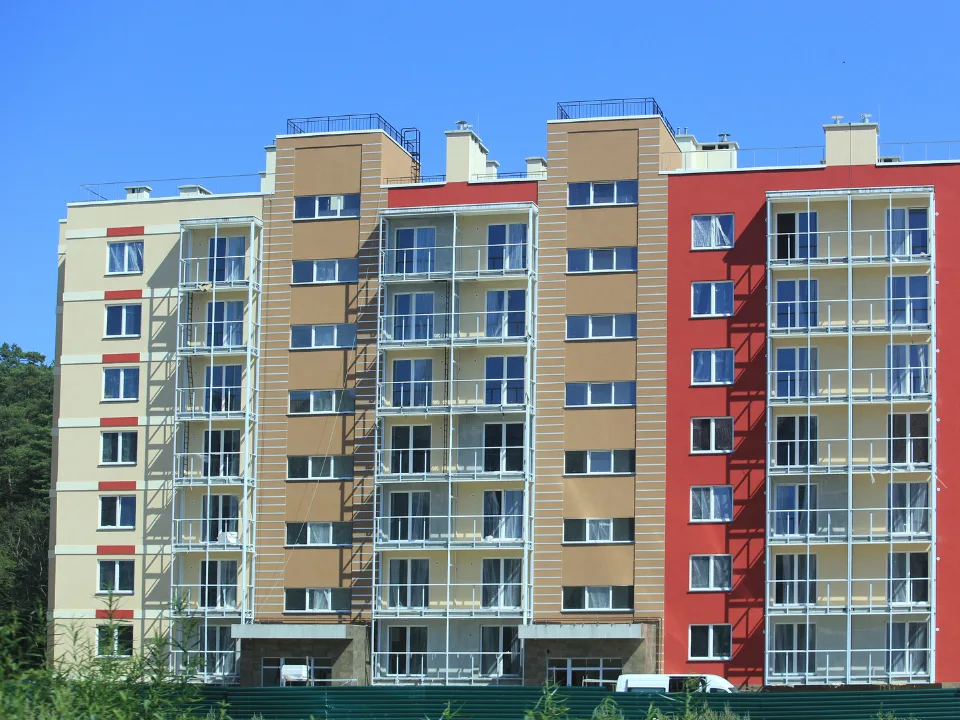- CRE owners are seeking substantially lower assessments and/or straight property tax reductions as values plummet.
- Lagging appraisals based on the 2021–2022 boom years for both residential and commercial mean property taxes are suddenly very painful.
- The surprising struggle to align official appraisal valuations with current market realities could impact city finances nationwide.
Landlords and office owners around the country are swarming to submit property tax appeals amidst broad office value declines.
Tax Appeal Frenzy
Millions of Americans around the country got a nasty surprise in the mail this year—much higher property appraisals/assessments. The author, who lives in Dallas, saw his Dallas County Central Appraisal District valuation rise more than 25% YoY.
But it wasn’t just residential that was impacted. Big city landlords and office owners are all scrambling to submit property tax appeals amid plummeting office values. Owners are seeking significant reductions, including up to 75% in cities like D.C., and up to 50% in NYC.
And many of them might be successful. A study conducted in Atlanta from 2011–2022 found that up to 62% of property tax appeals were successful.
Your Valuation, Not Mine
The powers that be really couldn’t have picked a worse time to hike appraisals as much as they did this year. The tone-deaf decision has caused widespread panic throughout the CRE market, revealing a concerning lack of awareness on the part of policy decision-makers.
The traditional, backward-looking methods assessors still use clash with the dynamic nature of CRE valuations over the past 4 years, contributing to problematic misalignments and potential revenue losses.
This glaring disconnect between city-assessed office property values and market perceptions is fueling the onslaught of appeals, posing countless financial risks for many municipalities.
Financial Fallout
The looming impact of property tax appeals on city revenues underscores a deepening crisis in CRE finance. Propelled by valuations that fail to reflect market realities, cities could suffer persistent revenue shortfalls with cascading effects on city services.
The whole messy situation points to an urgent need for proper tax assessment reforms to help prevent a disastrous domino effect on property values, city budgets, and the broader CRE landscape. Experts are predicting $500M in revenue losses for Boston due to the unfolding drama.
Why It Matters
This year’s appraisals and the resulting surge in property tax appeals couldn’t be more poorly timed. The sudden gap between city-appraised values and market realities poses significant financial risks, exacerbating revenue shortfalls and legal battles that could completely reshape the urban commercial landscape.

















